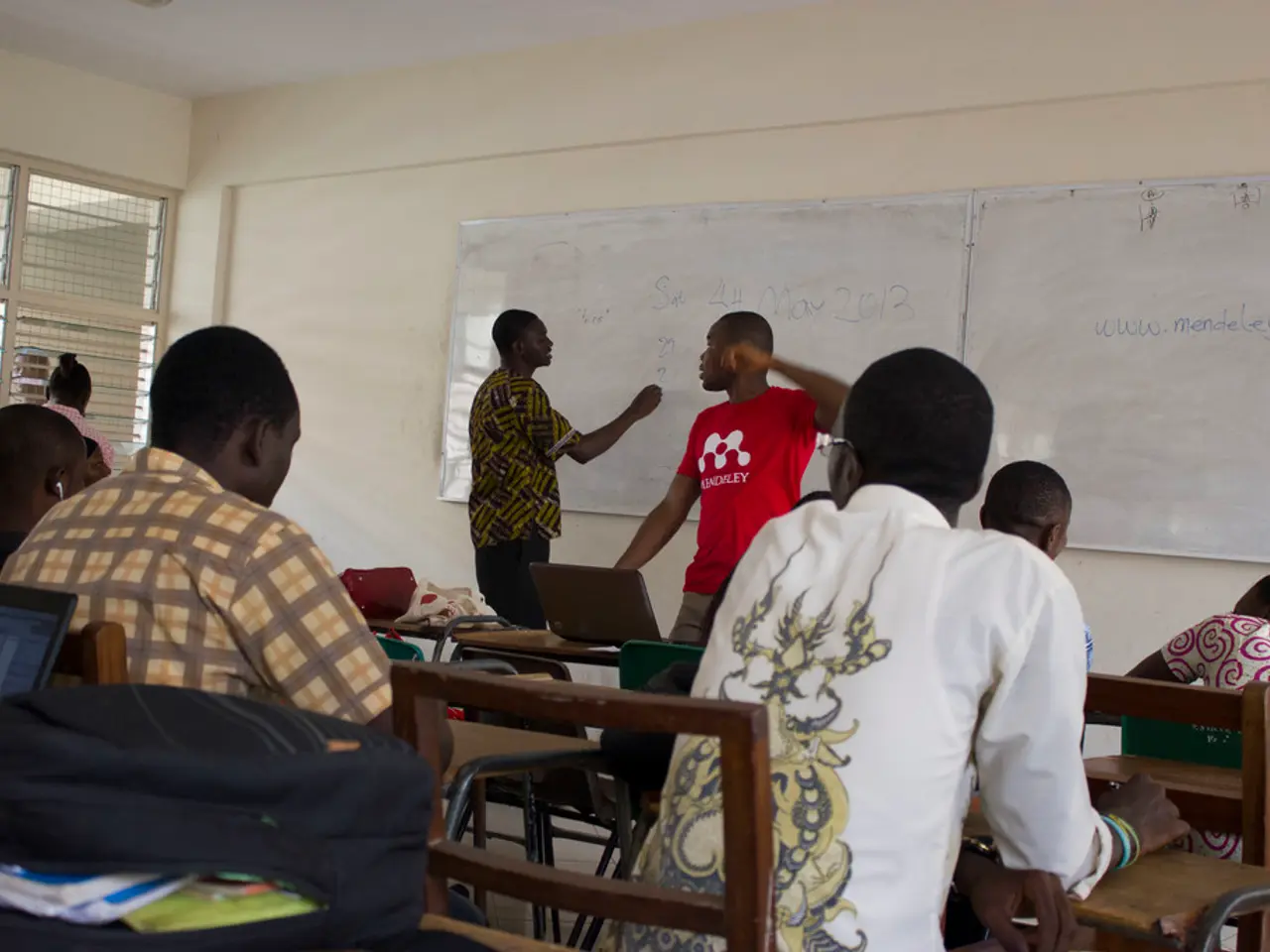The Survival of the Human Race and the Impact of Perceptual Bias Regarding Past Events
In our daily lives, we often find ourselves looking back at past events and thinking, "I could have seen that coming." This phenomenon, known as hindsight bias, is a cognitive bias that distorts our perception of past events, leading us to believe we could have predicted them after they've occurred.
This illusion of predictability can have far-reaching consequences, impacting human survival and decision-making across various domains. In financial decisions, hindsight bias can lead individuals and institutions to believe they "knew it all along," leading to overconfidence and potentially risky investments or failure to learn from mistakes. Similarly, in health contexts, it may result in unfair judgments about past medical decisions and prevent proper learning from errors or unexpected outcomes.
In legal settings, hindsight bias can distort judicial decisions by leading judges or jurors to assess past actions as more predictable or avoidable than they were, potentially resulting in unfair rulings or wrongful liability. In political campaigns, it can reinforce simplified narratives of political outcomes, hindering nuanced understanding and adaptive responses to complex social and political realities.
Social dynamics are also affected as hindsight bias reinforces ingroup favoritism and potentially fuels conflict by oversimplifying intergroup relations and historical conflicts. Regarding public health risks and economic stability, hindsight bias can lead to misinterpretation of risk factors and the effectiveness of responses, undermining appropriate preparedness and policy decisions.
For cultural progress, hindsight bias can hamper innovation by valuing only outcomes that seem predictable in retrospect, discouraging experimentation and acceptance of uncertainty necessary for societal advancement. Overconfidence stemming from hindsight bias can contribute to economic instability by influencing investment decisions based on distorted perceptions of past performance.
Crisis management may overlook critical warning signs due to hindsight bias, preventing effective risk management strategies. In deception, individuals might falsely claim they knew an event would happen to justify their actions or to appear more knowledgeable.
However, it's important to note that hindsight bias may have provided adaptive advantages from an evolutionary standpoint, reinforcing learning and memory. Encouraging critical reflection about decision-making processes can help individuals understand the uncertainty inherent in predictions, reducing the influence of hindsight bias.
Documenting predictions and decisions before outcomes occur can also help reduce the impact of hindsight bias. Raising awareness of cognitive biases, including hindsight bias, empowers individuals to recognize when their judgments may be influenced, enabling them to make more informed decisions.
In conclusion, understanding and addressing hindsight bias can enhance decision-making capabilities and improve outcomes in critical areas affecting human survival. By recognizing this cognitive pitfall, we can work towards making more accurate predictions, learning from our mistakes, and adapting to complex and unpredictable environments.
References:
[1] Gilovich, T., Griffin, D., & Kahneman, D. (1982). The psychology of hindsight: Predicting past events with the benefit of hindsight. Journal of Behavioral Decision Making, 5(4), 257-270.
[2] Nelson, L. D., & Narens, L. (1990). The role of hindsight in the construction of political reality. Political Psychology, 11(4), 615-631.
[3] Ross, L., & Sicoly, M. (1979). The introspection illusion: Accuracy and uniqueness of self-attribution. Journal of Personality and Social Psychology, 37(11), 2098-2110.
- Science and technology have a critical role in understanding and mitigating cognitive biases like hindsight bias, providing tools for decision-making and learning from past events.
- To foster mental health and personal growth, it's essential to recognize and overcome hindsight bias, as the illusion of predictability may distort our comprehension of self-development and learning opportunities.
- In the health-and-wellness sector, effective therapies-and-treatments stem from acknowledging the importance of hindsight bias, allowing practitioners to approach challenges with a clearer perspective and improved strategies.
- Finance and investing are important areas where critical thinking and data-and-cloud-computing can be leveraged to combat hindsight bias, ensuring informed decision-making and financial stability.
- Educational institutions and lifelong learning programs should embrace the importance of holistic self-development, including understanding and addressing hindsight bias, in order to prepare individuals for a complex and unpredictable future.
- To advance societal progress, it is crucial to recognize and account for hindsight bias when evaluating past choices and planning for the future, fostering a culture of curiosity, experimentation, and openness to new ideas.




